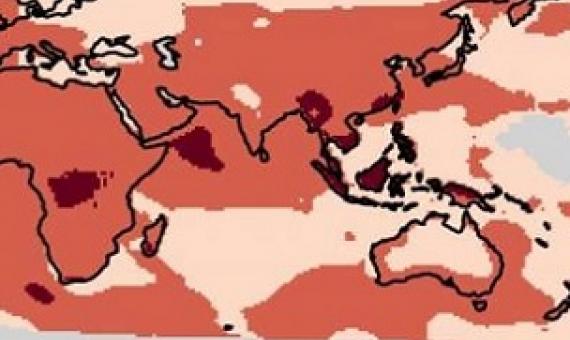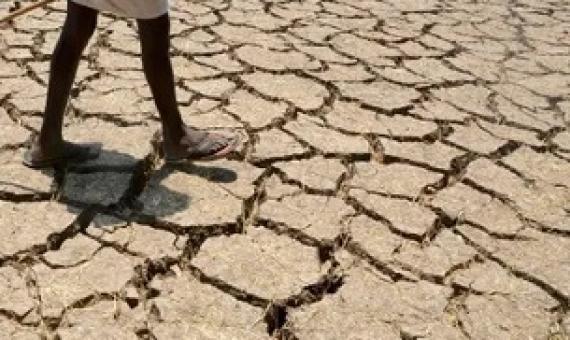To achieve tangible solutions for ocean conservation, we should listen to the people who are most affected by the current problems facing the ocean: the people in the tropics, say 25 co-authors of "Engaging the Tropical Majority to Make Ocean Governance and Science more Equitable and Effect
Engaging the tropical majority to make ocean governance and science more equitable and effective
How can ocean governance and science be made more equitable and effective? The majority of the world’s ocean-dependent people live in low to middle-income countries in the tropics (i.e., the ‘tropical majority’). Yet the ocean governance agenda is set largely on the basis of scientific knowledge, funding, and institutions from high-income nations in temperate zones.
By 2030, if the "30 by 30" initiative supported by more than 100 countries is successful, 30% of our land and ocean ecosystems will be designated protected areas meant to safeguard biodiversity and help limit the impacts of climate change.
A new study published September 8 in Science finds that between 90 and 99% of all deforestation in the tropics is driven directly or indirectly by agriculture.
Microplastics (MPs) refer to plastic particles <5 mm in size. Environmental risks caused by MPs are increasing. As fundamental resources of the global food security system, soils are also affected by MP pollution.
The world lost more than 12 million hectares of tropical forest in 2020, an area about half the size of the UK. Tropical forests contain much of the world’s animal and plant species and store more than half of its terrestrial carbon.
National mitigation potential from natural climate solutions in the tropics
Better land stewardship is needed to achieve the Paris Agreement’s temperature goal, particularly in the tropics, where greenhouse gas emissions from the destruction of ecosystems are largest, and where the potential for additional land carbon storage is greatest. As countries enhance their nationally determined contributions (NDCs) to the Paris Agreement, confusion persists about the potential contribution of better land stewardship to meeting the Agreement’s goal to hold global warming below 2°C.
Icebergs crumbling into the sea may be what first come to mind when imagining the most dramatic effects of global warming.
Increasing demand for food and traditional medicines, multiplying local wars and conflicts, an expanding legal and illegal market trade have exacerbated the wildlife crisis in recent years, damaging ecosystems and driving many species to the verge of extinction.
The climate crisis is pushing the planet’s tropical regions towards the limits of human livability, with rising heat and humidity threatening to plunge much of the world’s population into potentially lethal conditions, new research has found.














